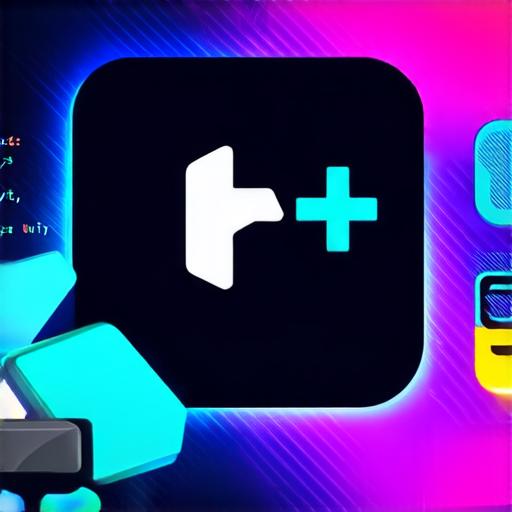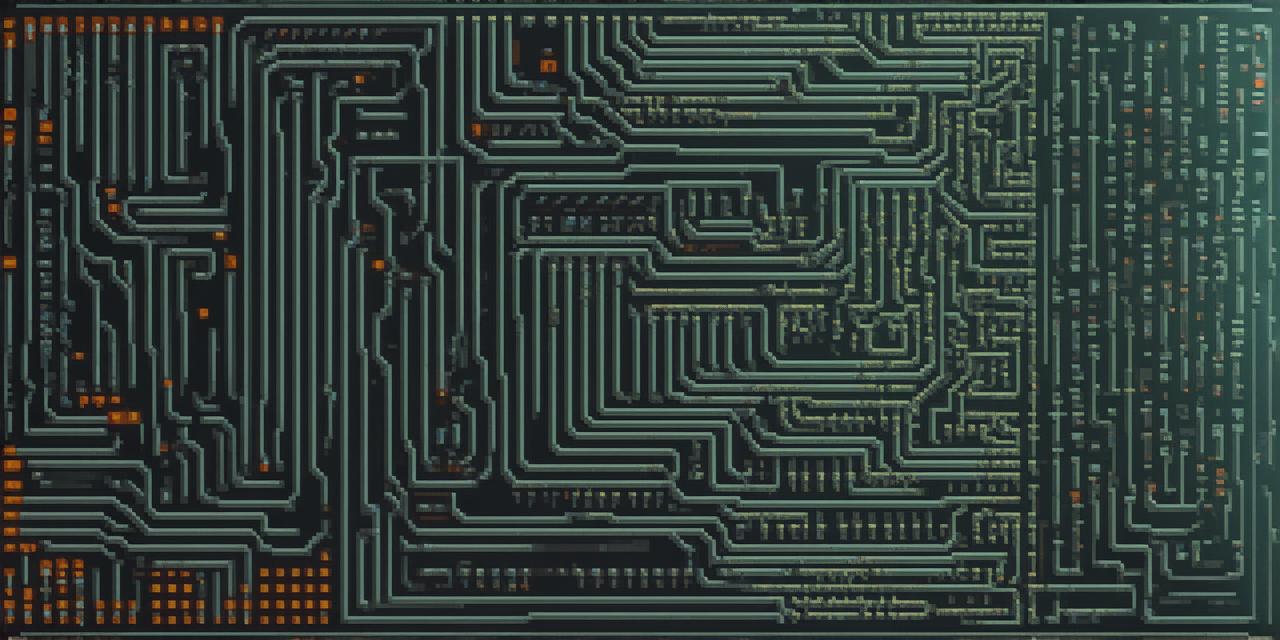Unity is a popular game engine used by developers of all skill levels to create interactive experiences for various platforms. It supports a variety of programming languages, including C and JavaScript, which are the most commonly used languages for Unity development. However, some developers may be wondering if C++ can also be used in Unity development. In this article, we will explore whether or not C++ is used in Unity development and provide some insights into why it might or might not be an ideal choice.
Why Use C++ in Unity Development?
C++ is a high-performance language that is commonly used for developing games and other performance-critical applications. It offers better memory management, faster execution speed, and more control over system resources compared to other programming languages like C and JavaScript. These features make it an attractive option for developers who want to optimize their Unity projects for better performance.

C++ also provides access to low-level system APIs, which can be useful when working with advanced graphics and sound technologies. For example, if you are working on a game that requires real-time rendering of complex 3D models, using C++ can give you more control over the rendering process, allowing you to optimize it for better performance.
Limitations of Using C++ in Unity Development
One of the main drawbacks of using C++ in Unity development is the steep learning curve. C++ is a low-level language, and it requires a deep understanding of programming concepts like memory management, pointers, and templates. This can make it difficult for developers who are more accustomed to high-level languages like C and JavaScript to get started with C++ in Unity development.
Another limitation is the lack of built-in support for some common features in Unity, such as scripting and user interfaces. While Unity provides APIs for working with these features using C and JavaScript, developers may need to write additional code or use third-party libraries to implement them in their C++ projects.
Finally, it’s worth noting that Unity is primarily developed and maintained using C, which means that the majority of Unity’s documentation, tutorials, and community support are focused on this language. This can make it more difficult for developers who prefer to use C++ to find resources and assistance when working with Unity.
In conclusion, while C++ can be used in Unity development, it is not the most commonly used language for this purpose. Developers who want to optimize their Unity projects for performance may consider using C++, but they should be aware of the steep learning curve and potential limitations involved. Ultimately, the choice between C and C++ will depend on the specific needs and skill level of each developer.


